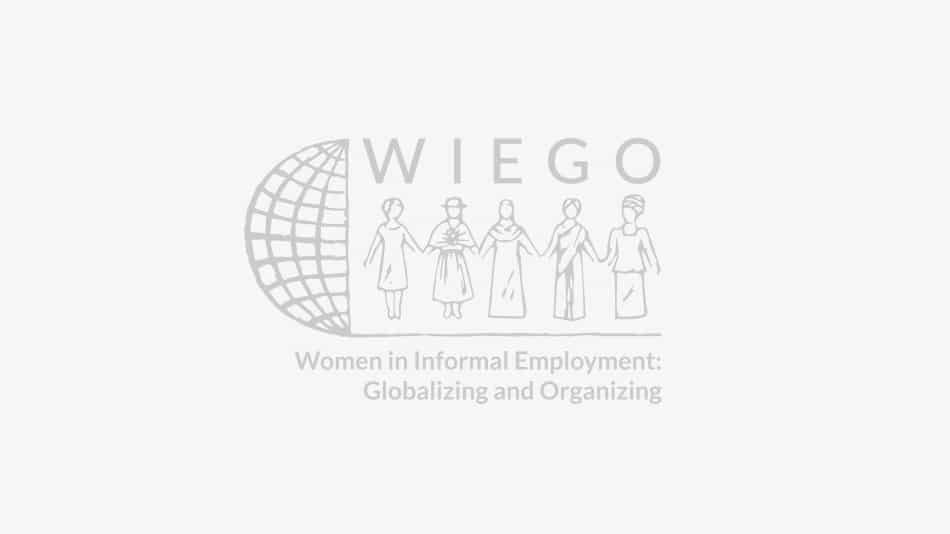Webinar: Models of Child-Care Provision in the Global South
-
October 24, 20248:30am - 10:00am United States (EDT) | 12:30pm - 2:00pm UTC
-
Online
Online

The global landscape of child-care services has undergone substantial shifts, particularly in the wake of the COVID-19 pandemic. The pandemic underscored the indispensable role that child care plays in supporting families, especially working parents, elevating child-care services to a prominent position on the global policy agenda. Despite this heightened recognition, significant gaps remain in understanding the most effective models of child-care provision. While public financing is widely accepted as essential for ensuring affordable and high-quality services, less attention has been directed toward the various provision models, their effectiveness in different contexts, and their adaptability to diverse communities.
This webinar seeks to explore these pressing issues, focusing on diverse child-care provision models such as cooperatives, social franchises, and state-funded frameworks, particularly in resource-limited settings. Through an in-depth discussion of key factors like quality, accessibility and affordability, the event will aim to strengthen the evidence base on what works best for various stakeholders in the Global South. This dialogue will provide valuable insights into shaping more informed and effective child-care policies. We invite all those interested in the future of child-care provision to join this critical conversation.